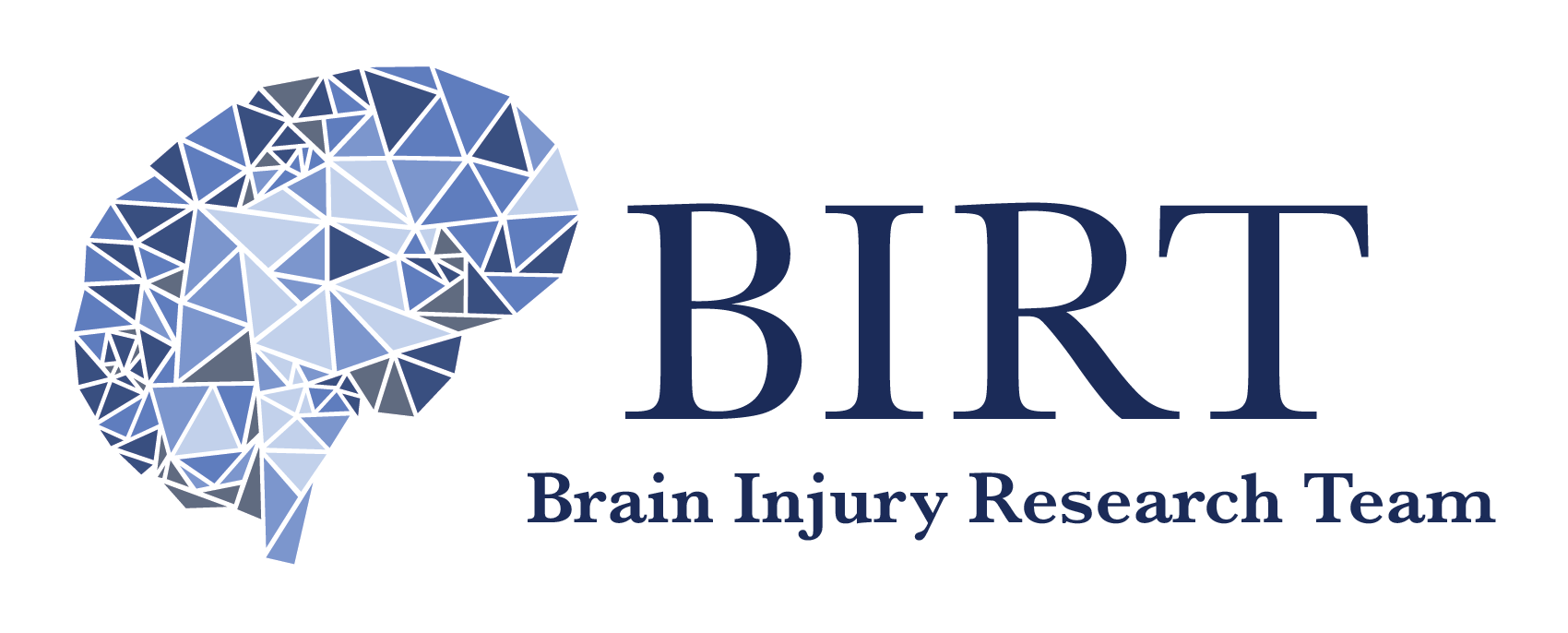Brain injury family intervention
training for providers: short and
long-term effectiveness (2013)
The Journal of Head Trauma Rehabilitation, 28(5), E31-65
Introduction/Rationale: Brain Injury Family Intervention (BIFI) is an evidence-based intervention grounded in cognitive behavioral and systems counseling (Kreutzer et al., 2002). BIFI is designed to help families recognize and cope with changes, foster long-term recovery, and work effectively with rehabilitation professionals. Numerous studies report the benefits of BIFI for patients and their families with uniformly high outcomes (Kreutzer et al., 2009; Kreutzer et al., 2010; Gan et al., 2010). Central to BIFI are the therapists who lead survivors and caregivers through the sessions. Little is known, however, about the impacts of BIFI training on such medical and mental health professionals
Method/Approach: This mixed methods study investigates short and long-term effectiveness of BIFI training for rural healthcare professionals. Providers were trained on brain injury and to administer the BIFI protocol to families of survivors. A Qualtrics survey was completed at pre-training (T1), 1 day post training (T2), 90 days post (T3), and two years post (T4). Respondents reported on accessibility of care, and their confidence managing these cases. Thirty-four (34) participants completed T1 and T2, 18 participants completed T3, and 9 participants completed T4. Quantitative data were analyzed using SPSS. Qualitative data, imported into NVIVO 10, were coded, aggregated, and analyzed.
Results/Effects: From T1-T2, participants’ knowledge increased in neuroanatomical correlates of brain injury (p=.012), neurobehavioral manifestations (p=.012), emotional reactions (p=.012), and models for working with families (p=.001). T2-T3 findings paralleled these. After training, providers’ understanding of how brain injury affects the family system was higher (z=-2.75, p<.01, r=-.59). Participants’ understanding of how brain injury impacts ability to maintain employment was also higher (z=-2.25, p><.05, r=-.48). Participants were more confident in conceptualizing treatment models (z=-2.89, p><.005, r=-.61). Under investigation is whether these measures remain consistent long-term. At T2 and T3, qualitative comments pointed to respondents’ ability to normalize individual and family challenges.
Conclusions/Limitations: These findings support the effectiveness of the BIFI training program. The continued positive outcomes of training over time and reported participant “confidence” suggest the need for continued outreach to medical and mental health professionals serving individuals with brain injury. A potential project limitation includes whether these findings generalize to suburban or metropolitan areas. Replication with a larger and more diverse sample size is encouraged.
